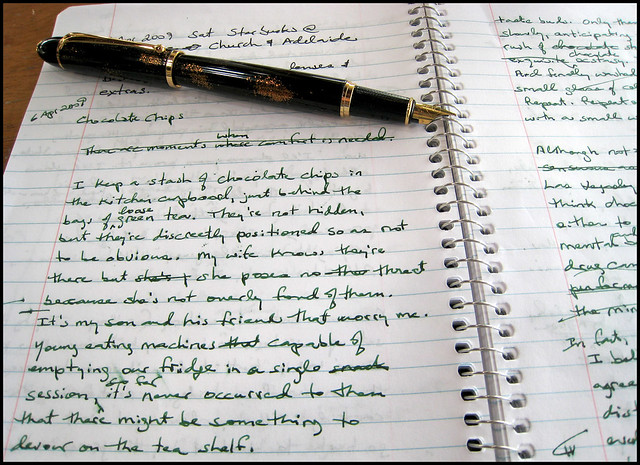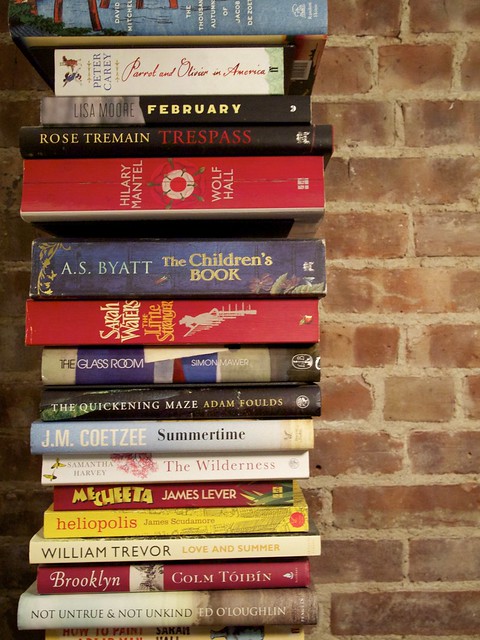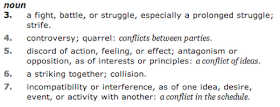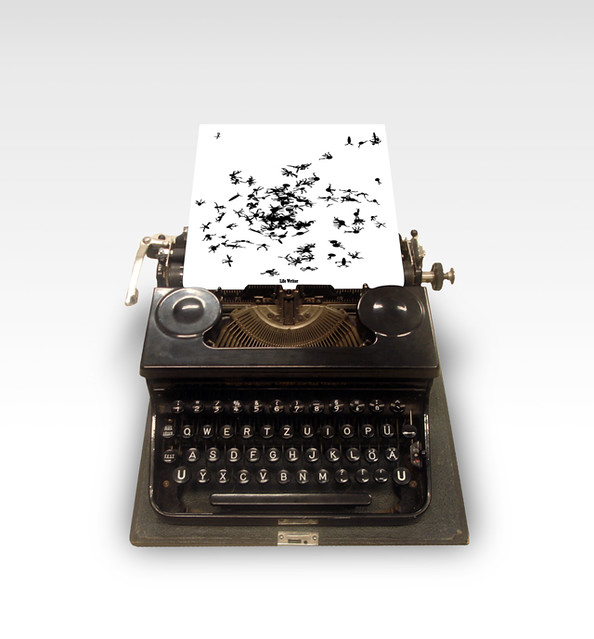 |
| Photo credit: kpwerker on Flickr |
I've written a couple posts over the last month or so about NaNoWriMo, including foolproof (not) advice on How to Be a NaNoWriMo Champ, and well, I may have accidentally taken some of my own not-actual advice.
Up until this year, I'd never done NaNoWriMo before—and truth be told, I wasn't sure if I was really participating even while I was actually attempting to reach those 50,000 words. I quietly pounded away at my keyboard while asking myself, wow, am I really doing this?
Now that we're in the final stretch of NaNoWriMo and I've just recently passed the 50,000 word mark, I think it's safe to call myself a 2012 NaNoWriMo participant. I just made it much more difficult for myself than necessary.
To give you an idea of what exactly I mean, here is my word progress chart thingy:
Yeah. That happened.
Now, you're probably wondering what exactly that was. If you just looked at my chart, you might guess that I had a hard drive crash or something equally horrible that wiped out all my progress, but alas, technical difficulties were not the problem this time—no, it was the WIP itself.
You see, while I was plotting my potential NaNoWriMo novel in October, I had a new idea hit me. One that wouldn't leave me alone no matter how much I tried to ignore it—one that kept nagging at me even as I continued to faithfully plot my original NaNoWriMo WIP idea. I told myself that I would write it later. That after I finished this other story, I would go back and write the new idea. It wasn't Shiny New Idea Syndrome, per say, if only because I hadn't started writing either novel yet, but it was an idea, and it was distracting and truth be told, I probably should have taken the hint from my subconscious and tried brainstorming a few plot points for the new idea if only to prove to myself that it could wait.
But I was stubborn, and I was going to stick with my original idea no matter what because I'd already started plotting it and it was a good idea. A cool premise. One that could potentially be marketable, while the other idea was a little more questionable in that regard.
So when November started I dove into the original idea I'd now plotted halfway and I told the other idea to be quiet for a couple weeks. A couple days into the month I read this post by Beth Revis, who had written 10,000 words, then cut nearly all of them and talked about why she was proud of her decision to do so. I thought it was rather brave of her and continued writing.
Roughly 15,000 words in, however, a nagging suspicion began digging into the back of my mind—one that said that I was writing the wrong novel. And I resisted for a while—I told myself it was too late to turn back now, that I'd already written so much and if I was really going to do this NaNoWriMo thing, then it was too late to start over. Then I remembered what I'd read just a week earlier on Beth Revis' blog about how the point wasn't to win NaNoWriMo—it was to write, and to write the right story.
I kept trying to make the WIP work. I wrote another 9k, but I was dragging—worse, I was dreaded my writing sessions. Me. Not wanting to write. At all. It was unlike me, and quite frankly, it was ruining the fun of writing a novel to begin with.
I came to realize that if I continued with this WIP I may very well reach 50k, but it would be 50,000 words that I didn't even like very much. It would be the start of the story that I wasn't passionate about anymore—and I hadn't even reached the editing part. And really, what would be the point?
So I took a chance. I opened up a new document and started writing the story that had demanded so fiercely for my attention. And 700 words in, I fell in love with the characters. It was like magic, guys, two pages into the story and I knew this was what I was supposed to be writing. This was my NaNoWriMo story.
Except, you know, I'd lost two weeks.
Being the competitive person that I am, I decided that I would try to win anyway. I did the math and figured I was going to have to write over 3,000 words a day to reach 50k by the end of the month, and I buckled down and did it. And you know what? I had fun—hell, I'm still having fun. It's not the best thing I've ever written—far from it, really—and I don’t know if anything will come of it, but it's different and it feels right.
And I now have 50,000 words of a WIP I'm actually enjoying. And in the end, that's what really matters.
Now you've heard my NaNoWriMo war story—I want to hear yours. For those of you participating (or who have ever participated), how did your NaNoWriMo experience go? For those who didn't, what have you accomplished this past month?














